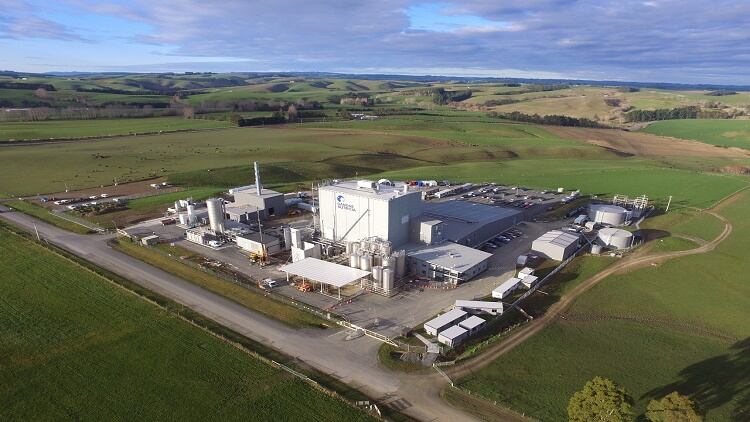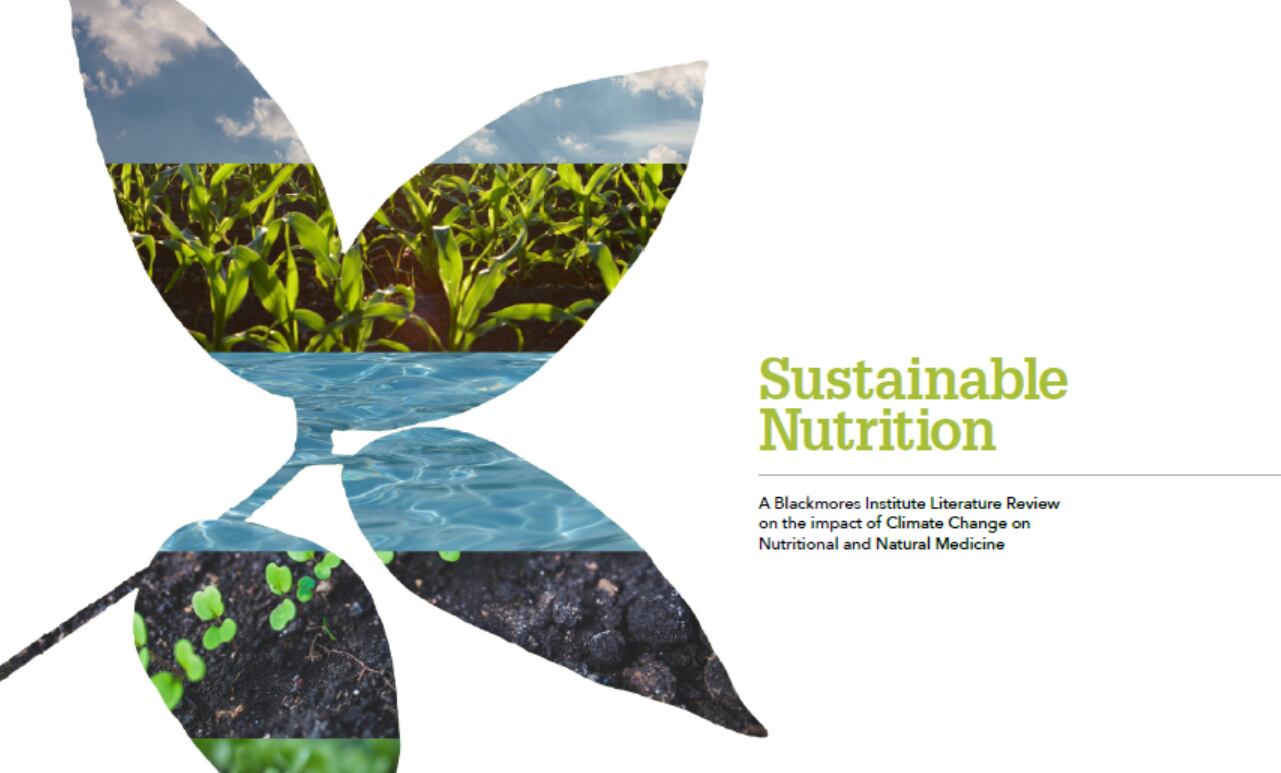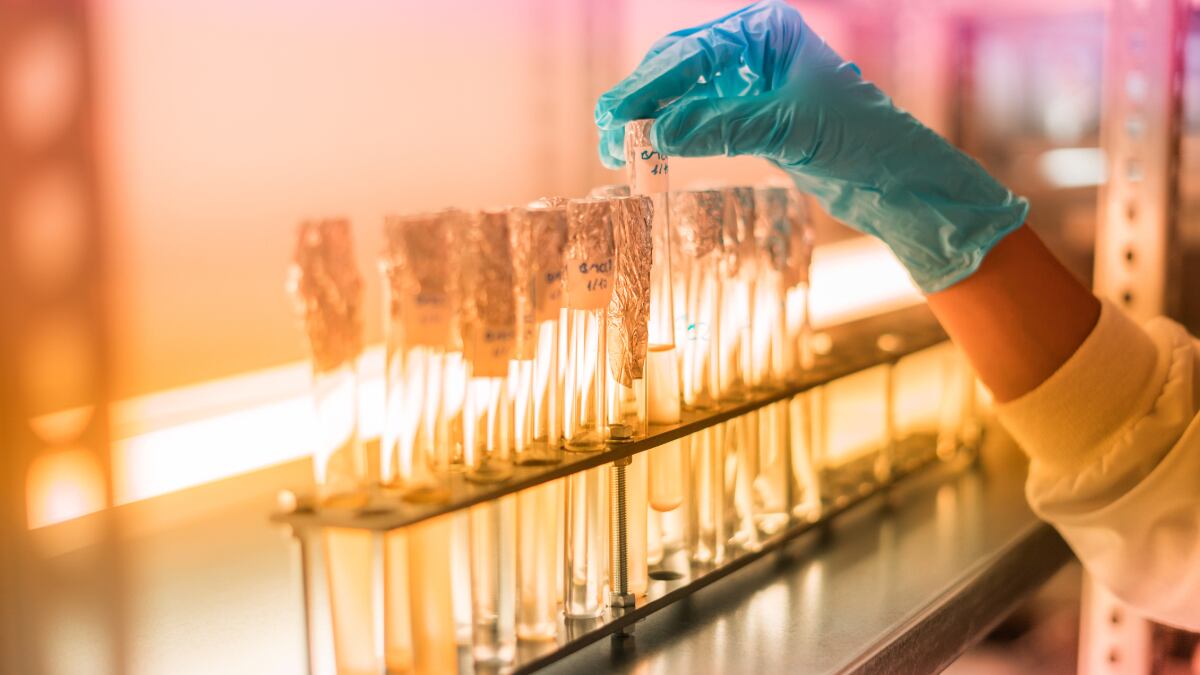The investment will include the installation of a biomass boiler and more efficient water treatment methods at the plant.
This is part of its effort to achieve zero net carbon dioxide emissions at the plant by 2021.
Located in Balclutha at the Otago region, the plant processes raw milk sourced from 18 local farms into powder that is used for producing infant milk formula for its flagship brands Aptamil and Karicare.
With the new investment, the boilers, which are used to convert milk into dry powder using heat, will be powered by wood that are by-products or residue of local forestry activity.
The plant currently uses a gas-fuelled boiler which emits more carbon dioxide.
“Although burning biomass (in this case, wood) releases carbon dioxide into the atmosphere, this is offset by the carbon dioxide absorbed in the original growth of the biomass or captured in the growth of new biomass to replace the materials used,” the firm said in a statement.
It said that the use of a biomass-fuelled boiler would help reduce the plant’s carbon dioxide emissions by 20,000 tonnes per year.
Veolia will be responsible for designing and managing the construction of the boiler.
The boiler, which will cost NZ$30m (US$19m), is expected to be fully operational towards the end of next year.
“This significant investment, in what we expect to be New Zealand’s first carbon neutral plant of its kind… We have set ourselves an objective of becoming a carbon neutral company across our entire scope – from farm to family – by 2050,” said Cyril Marniquet, Danone’s New Zealand Operations Director.
Besides changing its boiler, the investment also includes the installation of a new water treatment plant for more efficient treatment of water waste.
Earlier on, the firm also said that it planned to use renewable sources of electricity in the facility by 2020.
Together, it expects the combined impact of these measures to cut the facility’s forecast carbon emissions by 96%.
Other environmental goals
Danone said it hoped to achieve carbon neutrality, which is achieving zero net carbon dioxide emissions, by 2050.
It has set intermediate targets for hitting the final goal.
The intermediate targets include a 50% reduction in carbon emissions intensity across the company’s full scope by 2030.
It said that between 2016 and 2018, it had reduced greenhouse gas emissions intensity by 15.6% worldwide.




